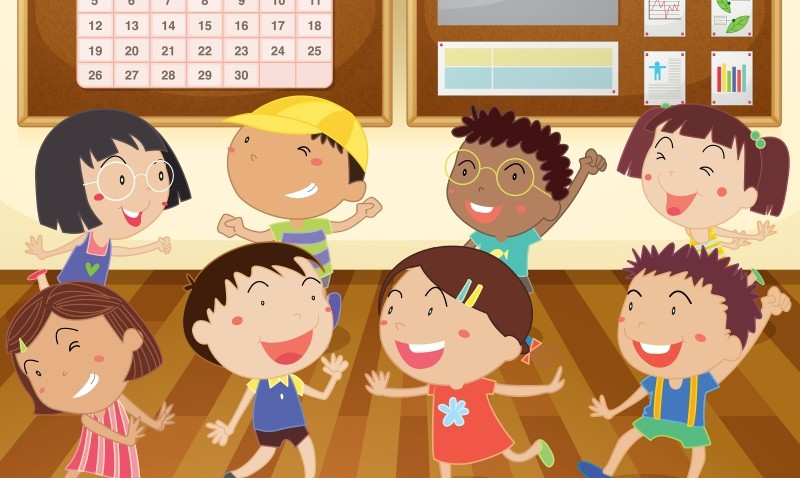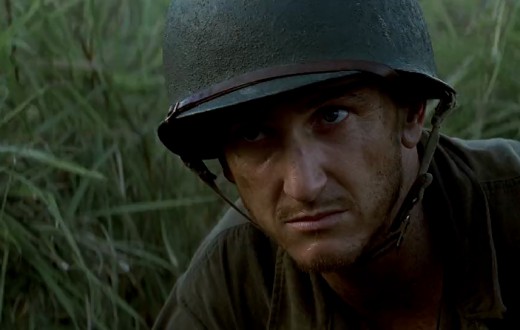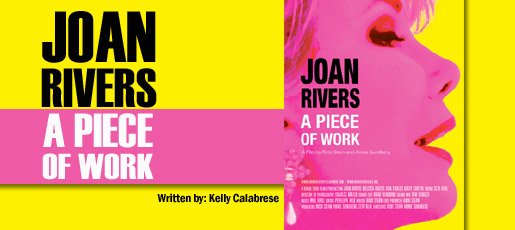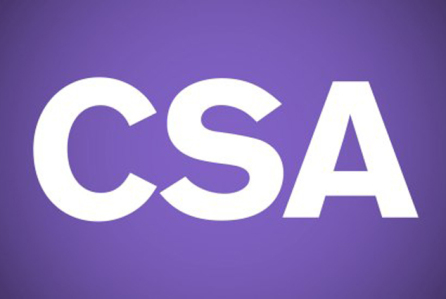Kids have a natural affinity for acting; it exists in their play, in their wild imaginations as yet unburdened by the grumpy woes of adults, and in their lives in general, as they make their way in the world on a journey of discovery and learning about how things and people work, and how they fit in to the bigger picture.
But having said that, the sad truth is that in this jaded, interconnected world, even young kids can be made to repress these delightful energies that make them who they are, the fleeting gifts of childhood that make them the natural actors whom we adult actors can only try to emulate in terms of openness and cultivating a sense of wonder.
That’s why it’s vitally important for parents of budding young actors to take just as much care with their child’s acting education as they do with his or her general education. Every child’s natural gifts for acting can easily be squandered or even crushed outright in the wrong educational environment.
However, with a little caution and attention, a parent can take steps to ensure that those gifts are nurtured and brought out to their fullest potential. Here are a few red flags to watch out for when selecting your child’s acting class – and a few ways to spot good acting teachers!
1. Red Flag: No Audits Allowed
This is one that goes for kids’ classes as well as adult classes: you should absolutely be able to audit a class before signing up. It’s a big red flag if they say no to having you and your child sit in for a class before committing. Frankly it’s kind of amazing that you still hear of some instructors who say “no audits allowed.” Look, if your teaching methods are so earth-shattering and groundbreaking and so very unique and so much more effective than those of the millions of other people who have taught acting over the millennia, then by all means, write a book filled with your secrets and sell it. You’ll make billions, no doubt. But if we hard-working actors and parents of actors are expected to plunk down our money and pay for classes in advance, we need to have a peek under the hood first.
Green Flag: It can be nerve-wracking to have strangers sitting in on what is of necessity a nurturing, safe space built on mutual trust and familiarity with your classmates and instructor. But most good acting instructors will make you and especially your child feel welcome if you sit in to evaluate a class before committing. I love to see a teacher give a shout-out to a kid who is sitting in with a parent to check out a class. Better yet is if they make them feel welcome to ask any questions or chat with other kids after class.
2. Red Flag: Repressing Natural Instincts
So some things to watch out for when auditing children’s acting classes are teachers who want to control and lock down the kids’ natural instincts. If the instructor seems to be giving the kids specific gestures, or unnatural movements that are to occur on specific words in a script or at specific moments, and especially line readings where they give them the exact intonations the instructor believes to be “correct,” that’s usually not a good sign. Even though we’re talking about kids here, that doesn’t mean they’re to be trained like seals to do tricks in imitation of what humans (read: grown-ups) do. Acting is reacting, by some definitions, and our reactions to others germinate in instinct – both for kids and for adults. To tamp those instincts down right off the bat is a huge no-no.
Green Flag: You see the instructor allowing the kids to use their imaginations and try things their own way. There are of course serious techniques to be taught and learned in a good acting class. This isn’t the Wild Rumpus where kids just run amok for an hour or whatever – at least it’s not JUST that. But good teachers recognize how valuable a kid’s imagination and sense of play is. Seriously, that’s what many adult actors spend the majority of their time trying to recapture: a sense of openness and fearlessness about letting their minds run wild and explore possibilities: hello, improv class! When you see an acting instructor nurturing that, it’s usually a great sign they understand not only acting, but a little something about kids as well. Hey, and while we’re on the subject of instincts: trust the instincts of your kid when it comes to selecting a class. Oftentimes we adults can get muddled up in overthinking things. If a kid feels like an instructor doesn’t look like a good fit for him or her, trust them – even if that instructor has great recommendations. As much as is possible, let your kid decide if the class looks fun, and trust that if he or she is excited to meet the other students and work with the teacher, it is likely to be a good fit.
3. Red Flag: It’s All About Meeeee
One of my biggest pet peeves – and I’m sure many, many actors would agree – is taking a class with an acting teacher who spends FAR too much class time rambling on and on with these endless, meandering stories about themselves and all the people they know. These are the teachers who cannot help but drop all kinds of names into virtually every sentence, attempting to boost their credentials and prestige by way of their alleged proximity to talent, one supposes. Here’s the thing: an acting class is YOUR time, or your kid’s time. It’s not the teacher’s ego-stroking time. You’ve paid for it; let the instructor go to therapy if they need affirmation that they are Very Important and Know Lots of Important People. If there is only time for one or two brief exercises in the course of an hour or hour and a half class because the teacher couldn’t shut up about themselves for longer than five minutes at a time, there’s a problem there. Another tendency of this kind of instructor, or at least something to watch out for is those who want to spoon-feed every little answer to the kids without giving them a minute to think of the answer for themselves. Instead…
Green Flag: Look for instructors who will allow the kids to work a bit for an answer, who will lead them down a path TOWARD the answer, but won’t put it directly in their hand. We all probably remember this type of teacher from school, the one who brings you to the brink of the breakthrough, but allows you to make the necessary connections yourself. These are the big learning moments, those flashes of bright light inside your mind that are so much more rewarding. Nobody remembers the answers they looked up in the Teacher’s Edition. And when it comes to acting, the fact is there is often no “right” or “wrong” answer in the first place. Value those instructors who understand this and allow your child to use his or her mind to create their own answers.
4. Red Flag: Why Are We Here Again?
The biggest red flag of all has to be if you and/or your kid can see that the other students aren’t having any fun. Yes, acting is a technical craft that requires lots of attention. But on the other hand, acting is play: we “play” roles, we perform in “plays,” you read a “playbill.” If an acting instructor – especially one teaching children’s classes – doesn’t have a grip on the concept that play is an inherent part of the gig, then that’s a huge red flag.
Green Flag: The other students – and the instructor – are actually having a good time! This is what acting is supposed to be, more often than not: a fun way of expressing our natural human emotions in ways we often cannot in real life. Even when you’re playing a “bad guy,” or you have to go to emotional places that are outside your comfort zone, there is joy and fun in the acting. And you can learn in a fun environment – some might argue you can ONLY learn in a fun environment. Make sure that’s what you’re giving your kid, and you will have given them a lifetime of gifts they can use – no matter what career they choose!







